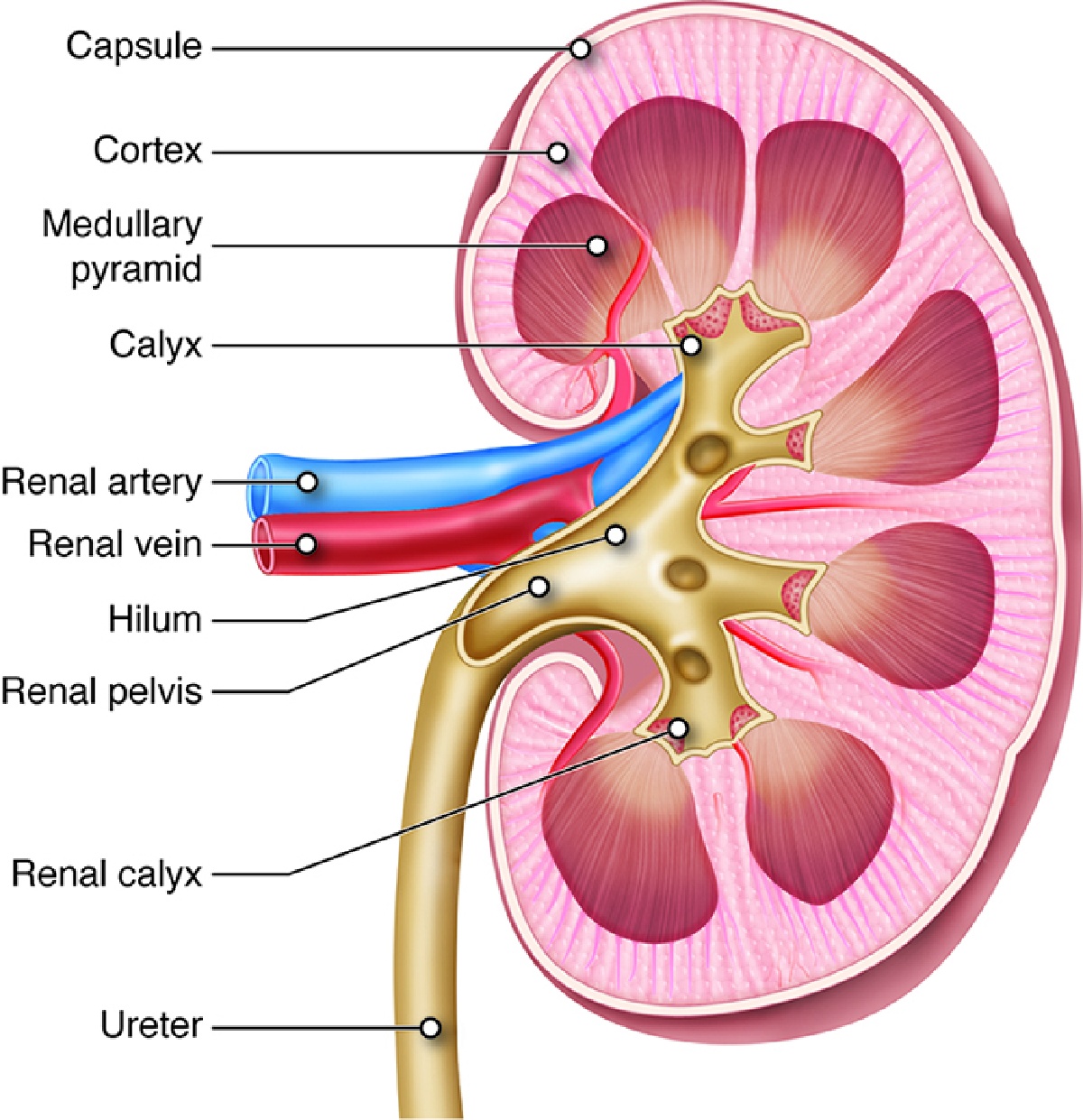
A recent study has shed light on a noteworthy discovery: individuals with consistently elevated levels of urinary albumin excretion (UAE) and serum creatinine in their urine face an increased risk of developing heart failure. This finding strengthens the already established connection between renal failure and heart failure. To delve into this matter, a group of researchers meticulously examined data from urine samples of nearly 7,000 participants from the Netherlands. These individuals, ranging from 28 to 75 years of age, were tracked over an 11-year span.
The study’s outcomes were illuminating. Participants who displayed unwaveringly high levels of both UAE and serum creatinine in their urine samples were found to be at a heightened risk of encountering heart failure for the first time. Concurrently, those with heightened levels of UAE faced an amplified risk of mortality from various causes. This groundbreaking research underscores the vulnerability of people marked by persistent UAE and serum creatinine levels in relation to heart failure. It also reinforces the strong link connecting kidney function and heart health. The kidneys’ vital role in upholding a harmonious chemical equilibrium in the bloodstream cannot be overstated.
These findings hold profound implications for healthcare practitioners, emphasizing the importance of closely monitoring UAE and serum creatinine levels in urine samples. Identifying and addressing potential kidney issues early on may prove instrumental in averting the onset of heart failure down the line. Moreover, this study serves as a clarion call for individuals to be attuned to their kidney health. Ensuring that these essential organs function optimally can contribute to overall well-being and potentially stave off the threat of heart failure.
As medical knowledge continues to evolve, studies such as this one contribute significantly to our understanding of the intricate interplay between different bodily systems. By unraveling the connections between kidney and heart health, researchers pave the way for more targeted interventions and enhanced patient care. This study not only reinforces the link between kidney and heart health but also underscores the importance of maintaining a balance of chemicals within the bloodstream. As healthcare advances, insights like these propel us toward a healthier future, prompting us to prioritize both kidney and heart well-being.
